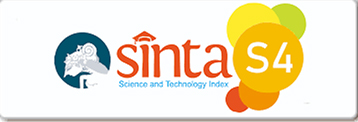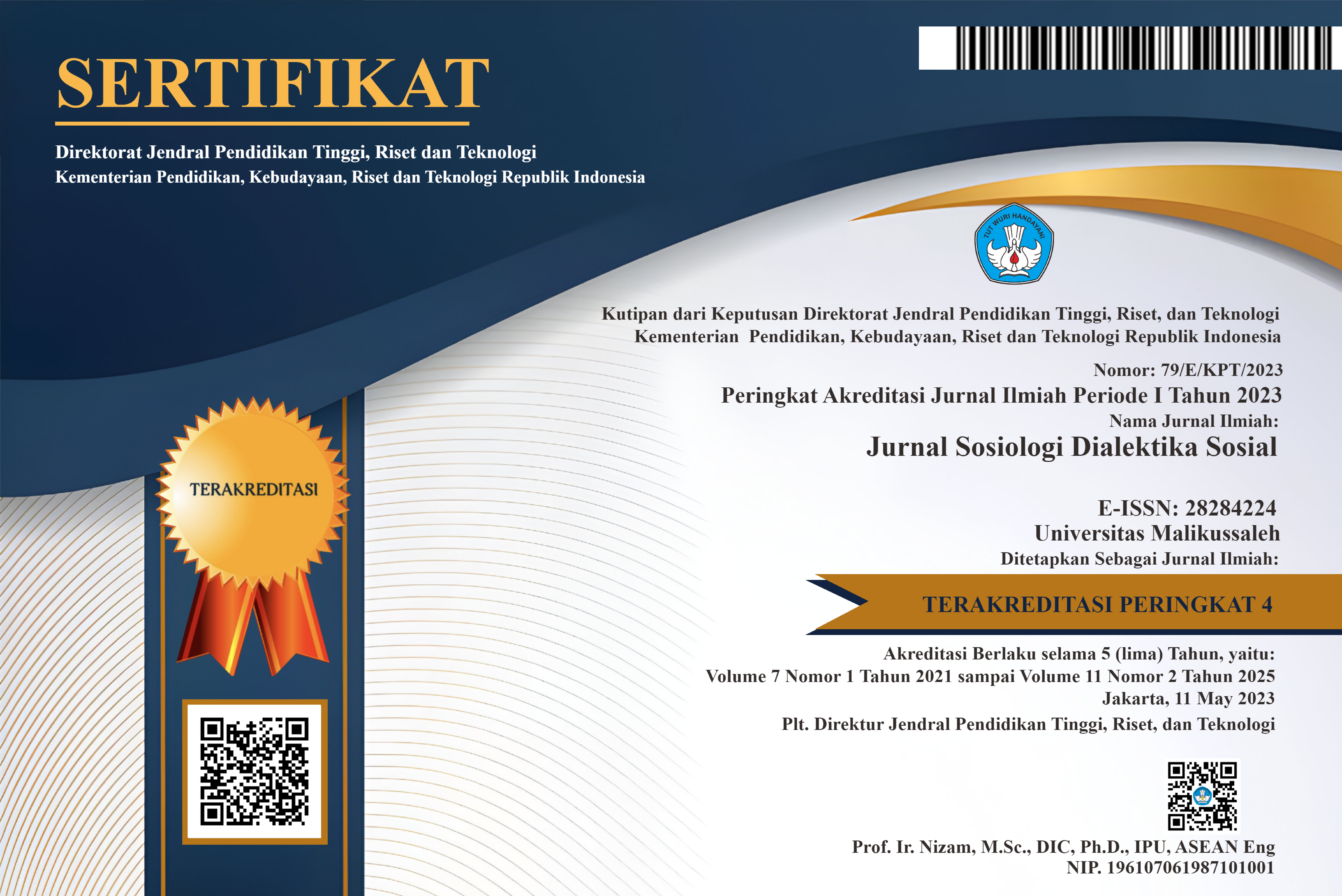THE ACT OF KILLING A MUGGER IN SELF-DEFENSE: A PERSPECTIVE FROM ISLAMIC CRIMINAL LAW AND THE INDONESIAN PENAL CODE
Abstract
This study aims to explore the legal perspective on killing a robber in self-defense according to Islamic Criminal Law (Fiqh Jinayah) and Indonesian Positive Law. The method used is library research. The findings indicate that many people still lack a clear understanding of the legal provisions regarding killing a robber in self-defense. Meanwhile, cases of robbery targeting personal belongings such as motorcycles, bicycles, and other valuables continue to occur frequently in various regions. This lack of understanding leads to uncertainty when facing such threats, even in situations where the victim may lose their life. In Islamic Criminal Law, self-defense resulting in the death of an attacker can be justified if certain conditions are met, such as a real threat to life or honor. In Indonesian Positive Law, self-defense is regulated in the Criminal Code (KUHP), which provides legal protection to victims who defend themselves proportionally. This study emphasizes the importance of legal education for the public so that individuals understand their rights and limitations when acting in self-defense against criminal acts like robbery.
Keywords
Full Text:
PDFReferences
Achmad, M. F. dan Y. (2010). Dualisme Penelitian Hukum. 1–17.
Audah, A. Q. (2007a). Al-Tasyri’ Al Jina’i Al-Islam (Jilid II). Beirut : Mua`sasal al-Risalah., 1996.
Audah, A. Q. (2007b). Ensiklopedi Hukum Pidana Islam (Cetakan 1). Jakarta PT. Rehal Publika 2007.
Eddy.O.S.Hieriej. (2016). Hukum Acara Pidana.
Gunawan, H. A., Wahid, A., & Faisol. (2021). Tinjauan Kriminologis Terhadap Kejahatan Begal (Studi Kasus di Wilayah Hukum Kepolisian Daerah Jawa Timur). DINAMIKA, 27(14). https://doi.org/10.21608/pshj.2022.250026
Jinayat, M. (1991). Hukum Pidana Islam. 168.
Kementerian Hukum dan HAM. (2018). Kitab Hukum Pidana Indonesia. Hukum Pidana, 5(2), 1689–1699.
Mentari, B. M. R. (2020). Saksi Pidana Pembunuhan dalam Kitab Undang-Undang Hukum Pidana dengan Hukum Islam. Al-Ishlah: Jurnal Ilmiah Hukum, 23(1), 1–38. https://doi.org/10.56087/aijih.v23i1.33
Mitchell, B., & Mackay, R. D. (2011). Investigating involuntary manslaughter: An empirical study of 127 cases. Oxford Journal of Legal Studies, 31(1), 165–191.
Naser, N., & Ali, A. (2016). A descriptive-comparative study of performance characteristics in futsal players of different levels. Journal of Sports Sciences, 34(18), 1707–1715.
Nur, M. (2020). Pengantar dan Asas-asas Hukum Pidana Islam. In PeNA.
Nurul Irfan. (2013). Fiqih Jinayah (Issue 112).
Obidimma, E. O. C., & Obunadike, N. C. (2023). A Critical Appraisal of The Inadequacy of The Provisions of The Criminal Code on Involuntary Manslaughter. Unizik Law Journal, 19(1).
Saebani, M. H. dan B. A. (2018). Hukum Pidana Islam (Aktualisasi Nilai-Nilai Hukum Pidana Islam Dalam Pembaharuan Hukum Pidana Indonesia). In PT Nusantara Persada Utama (Issue februari).
Siedlecki, S. L. (2020). Understanding descriptive research designs and methods. Clinical Nurse Specialist, 34(1), 8–12.
Suryadilaga, M. A. (2014). Study of Hadith Recital In The Media: Study Of Kitab Al-Bukhari Tvri Nasional Jakarta.
Tim Redaksi. (2011). Kamus Besar Bahasa Indonesia. Jakarta: Gramedia Pustaka Utama. Wacana, Vol. 11 No. 2 (Oktober 2009): 335—363, 11(2), 335–338.
Wahyuni, W. (2024). Batasan Pembelaan Diri.
Zuhaili, P. D. W. A. (2021). Fiqih Islam Wa Adillatuhu. 112, 12.
DOI: https://doi.org/10.29103/jsds.v11i1.20584
 Article Metrics
Article Metrics
 Abstract Views : 25 times
Abstract Views : 25 times
Refbacks
- There are currently no refbacks.
Copyright (c) 2025 Jurnal Sosiologi Dialektika Sosial

This work is licensed under a Creative Commons Attribution-NonCommercial-ShareAlike 4.0 International License.
Diterbitkan Oleh: Program Studi Sosiologi, Fakultas Ilmu Sosial dan Ilmu Politik Universitas Malikussaleh
REDAKSI JURNAL SOSIOLOGI DIALEKTIKA SOSIAL
Gedung Program Studi Sosiologi, Fakultas Ilmu Sosial dan Ilmu Politik Universitas Malikussaleh. Kampus Bukit Indah, Jln. Sumatera No.8, Kec. Muara Satu Kota Lhokseumawe, Prov. Aceh, Indonesia.
Email: jurnalsosiologi@unimal.ac.id

This work is licensed under a Creative Commons Attribution-NonCommercial-ShareAlike 4.0 International License









.png)




